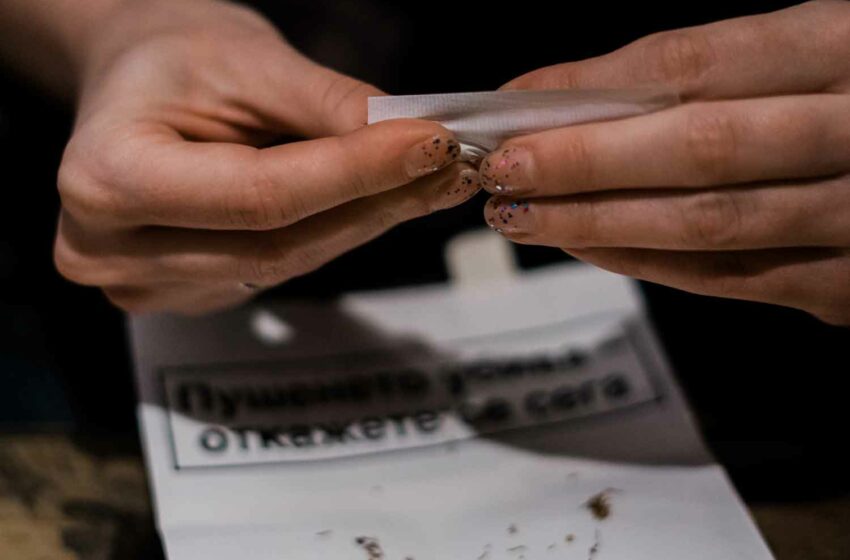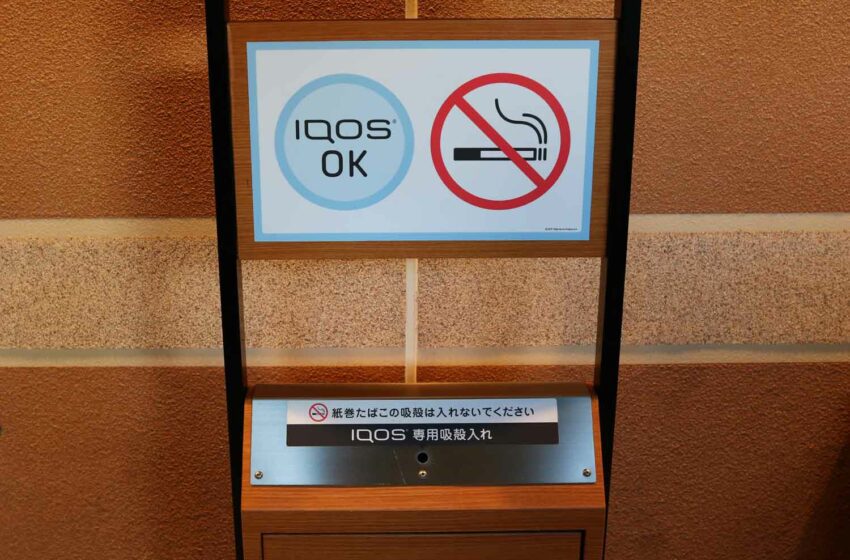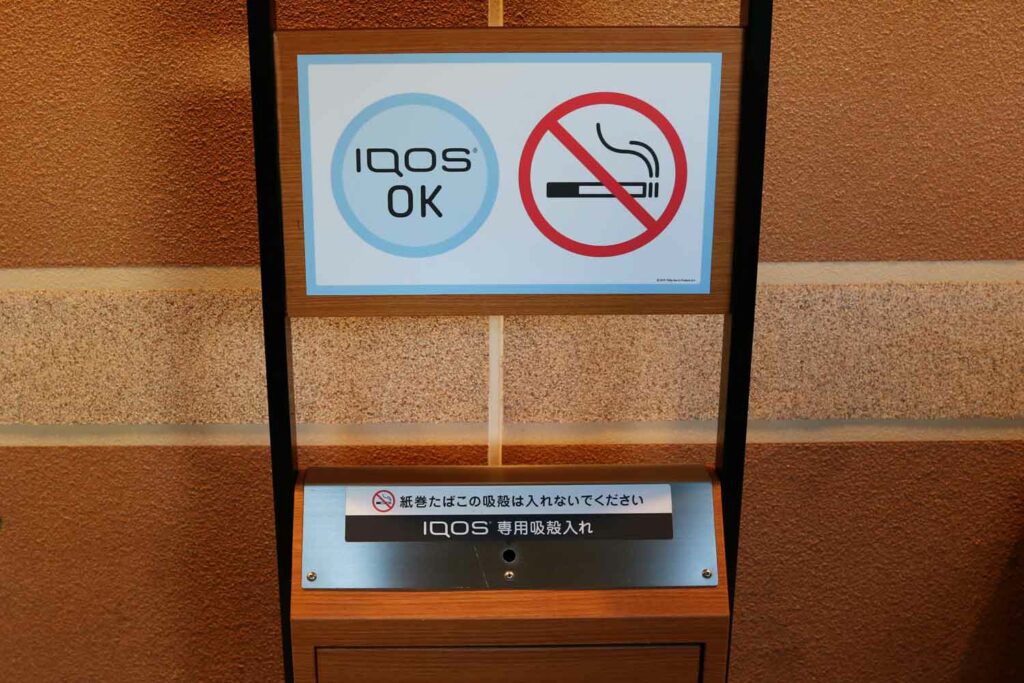Philip Morris International and Japan Tobacco and British American Tobacco have been recognized for their sustainability efforts.
Philip Morris International has been included in the Dow Jones Sustainability World Index for the first time and for the fourth consecutive year in the Dow Jones Sustainability North America Composite Index.
The Dow Jones Sustainability World Index measures the sustainability performance of companies as identified by S&P Global through the annual Corporate Sustainability Assessment. The World Index includes the top 10 percent of the largest 2,500 companies in the S&P Global Broad Market Index based on long-term economic, environmental and social criteria.
“Investors and other financial stakeholders place increasing value on reliable, robust and timely measures of sustainability performance,” said Emmanuel Babeau, chief financial officer at PMI, in a statement.
“ESG ratings are one part of the input dataset for many institutional investors. Through our annual integrated report, and the ever-strengthening processes and initiatives that underpin it, we aim to provide a holistic and extensive view of our performance across the most material sustainability issues for our business.”
PMI scored 85 out of 100 in the 2023 S&P Global CSA, reflecting a significant increase of 21 points since it first began engaging with the ranking in 2018. This is the first year PMI has recorded the highest CSA score out of 13 companies assessed in the tobacco industry by S&P.
Earlier this month, ISS ESG Corporate Rating qualified PMI as “Prime” status according to their rating methodology. Prime status is awarded to companies with an ESG performance above a sector-specific threshold, which means that they fulfill ambitious absolute performance requirements. According to ISS, the Prime rating classification qualifies companies for responsible investment. To date, PMI is the only tobacco company to have received Prime status qualification.
Japan Tobacco has been included in the Dow Jones Sustainability Asia Pacific Index (DJSI Asia Pacific) for the 10th consecutive year.
“We are honored that the JT Group has been selected in the DJSI Asia Pacific for the 10th consecutive year,” said Hisato Imokawa, senior vice president and chief sustainability officer, in a statement.
“We are very pleased that our sincere and continuous efforts to address social and environmental issues throughout the entire value chain continue to be recognized at the highest level. We remain dedicated to fostering transparent and precise communication of nonfinancial information, a key focus in our recent agenda. We acknowledge the significance of this initiative in promoting engagement and dialogue with stakeholders, recognizing it as a crucial endeavor.”
The JT Group scored 79/100 in the 2023 S&P Global Corporate Sustainability Assessment (based on the score data as of Dec. 9, 2023).
that BAT was included in 2023 DJSI for the 22nd consecutive year, specifically listed in the Dow Jones Sustainability Europe Index, with a S&P Global CSA score of 80/100 (as of Dec. 8, 2023).























